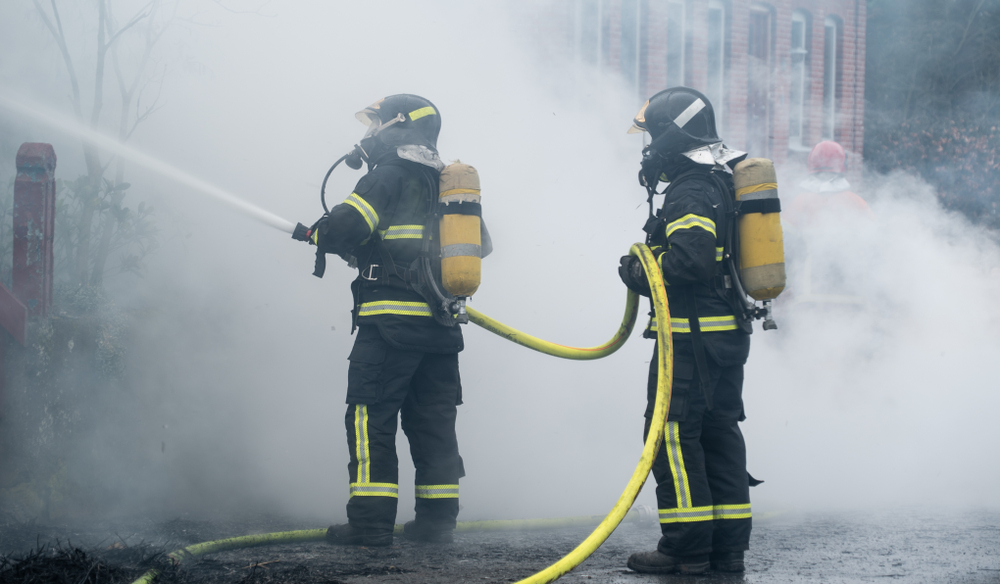Some jobs are a bit tougher than others.
Others are reading now
Some jobs involve far greater risks than others, where workers are exposed to physical or psychological dangers on a daily basis.
These professions often require special skills, great endurance, and a high level of attention to minimize risks.
Despite the extreme conditions, these jobs are crucial to society and are carried out by individuals with great dedication.
Physical risks can include working at extreme heights, hazardous weather conditions, or exposure to toxic substances.
Also read
Psychological strain arises when the job involves confronting death, accidents, or harsh social conditions.
Regardless of the type of danger, these professions demand significant mental and physical strength to be performed safely.
Lumberjack
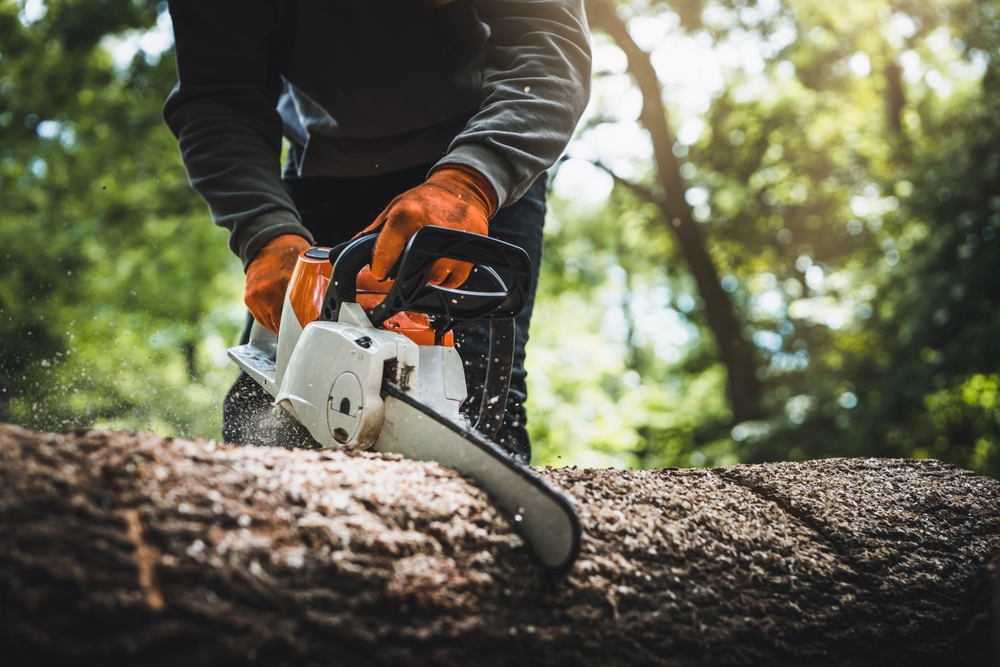
Lumberjacking is one of the most dangerous professions in the world.
The risk of being struck by falling trees or injured by powerful machinery is constantly present.
Safety measures vary from country to country, making the job even riskier in some areas.
Storm Chaser
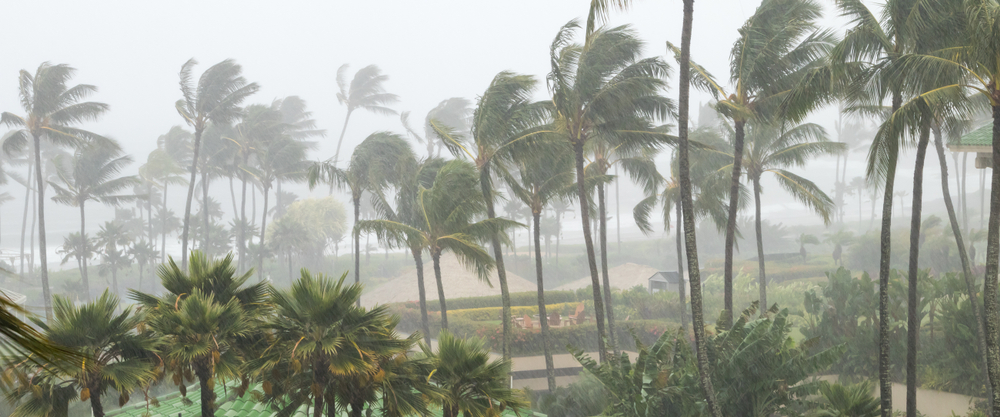
To understand and predict hurricanes, researchers send experts directly into the storm’s center.
These hunters expose themselves to extreme winds, heavy rainfall, and dangerous flying conditions.
Their mission is to collect data that can save lives, but the risk is enormous.
Forensic Technician

Crime scene technicians analyze physical evidence, often in eerie and gruesome environments.
They are exposed to blood, bodily fluids, and hazardous chemicals, increasing health risks.
The job requires precision but also a strong psyche to handle distressing scenes.
Miner
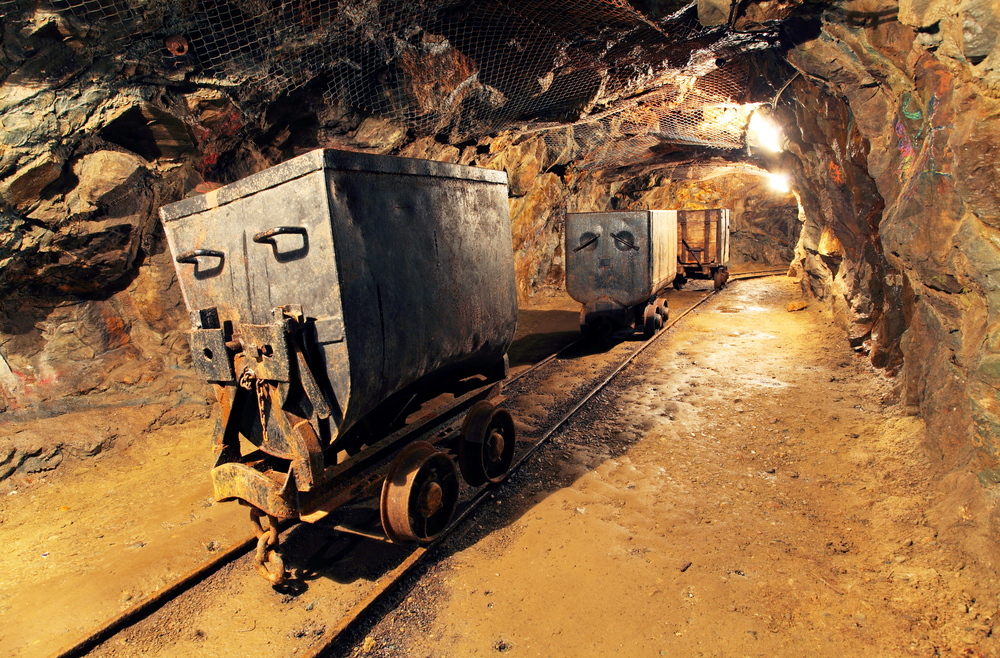
Mining is physically demanding and involves working in dark, confined tunnels.
Exposure to toxic gases and dust can lead to severe lung diseases.
At the same time, miners face the constant risk of mine collapses, making it one of the most dangerous occupations.
Deep-Sea Fisherman
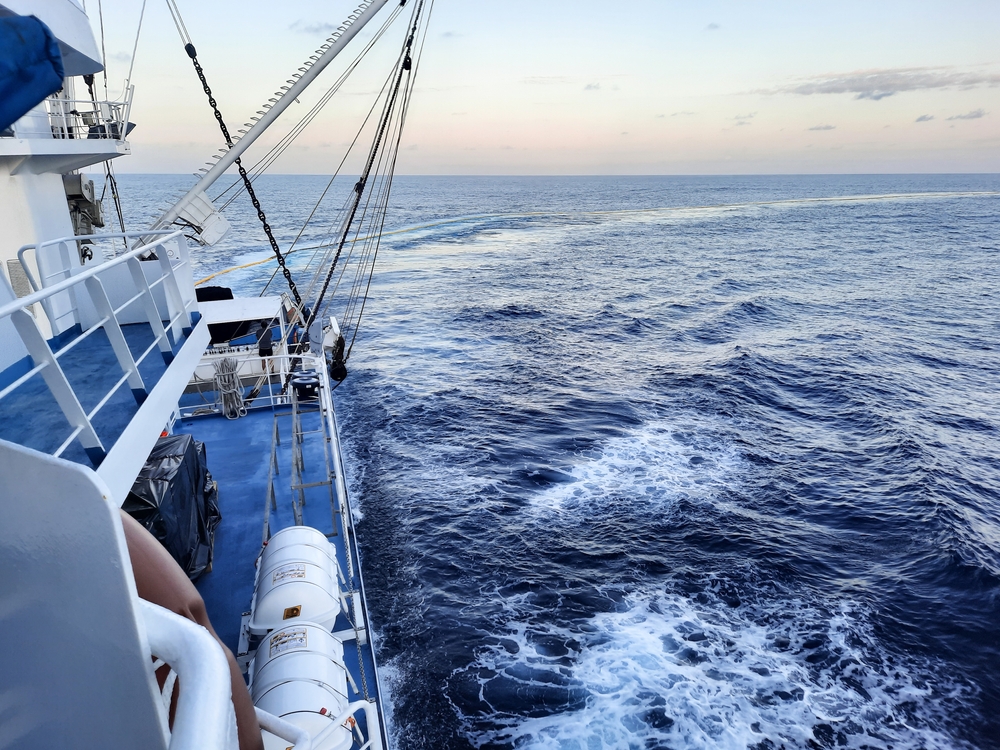
Fishing on the open sea is a constant battle against nature’s forces.
Storms, massive waves, and freezing temperatures can quickly turn the job deadly.
Many perish each year due to hypothermia, drowning, or accidents involving heavy equipment.
Mortician
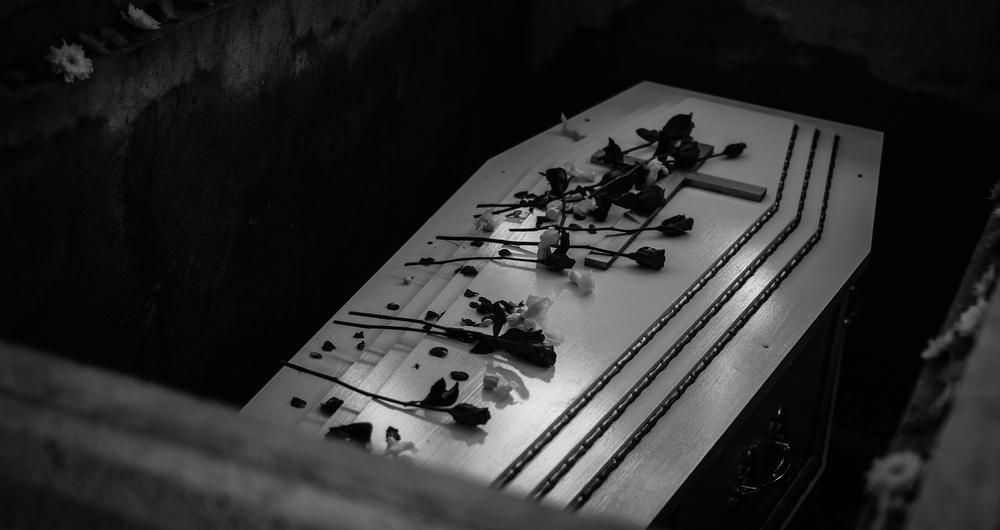
Unlike many physically demanding jobs, this profession is psychologically taxing, as funeral directors confront death and grief daily.
They must handle the emotions of grieving families while performing their duties with precision and care.
It requires significant mental strength to balance empathy and professionalism.
Skyscraper Window Cleaner
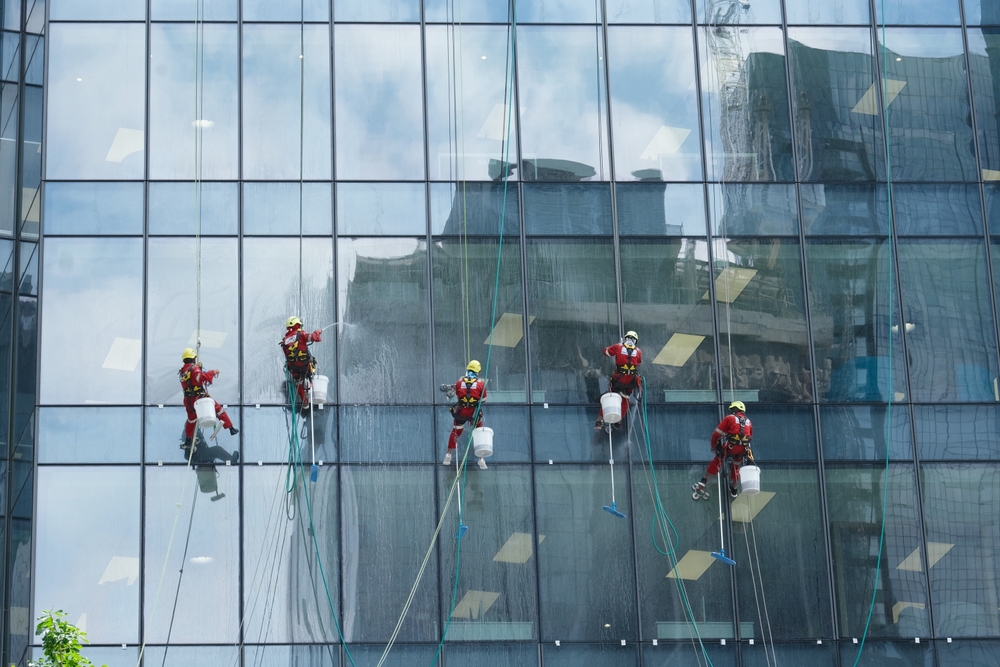
These workers clean windows at dizzying heights to keep skyscrapers spotless.
They work suspended in harnesses and rely on calm weather for safety.
Any mistake can be fatal, making it one of the most high-risk jobs in the world.
Roofer
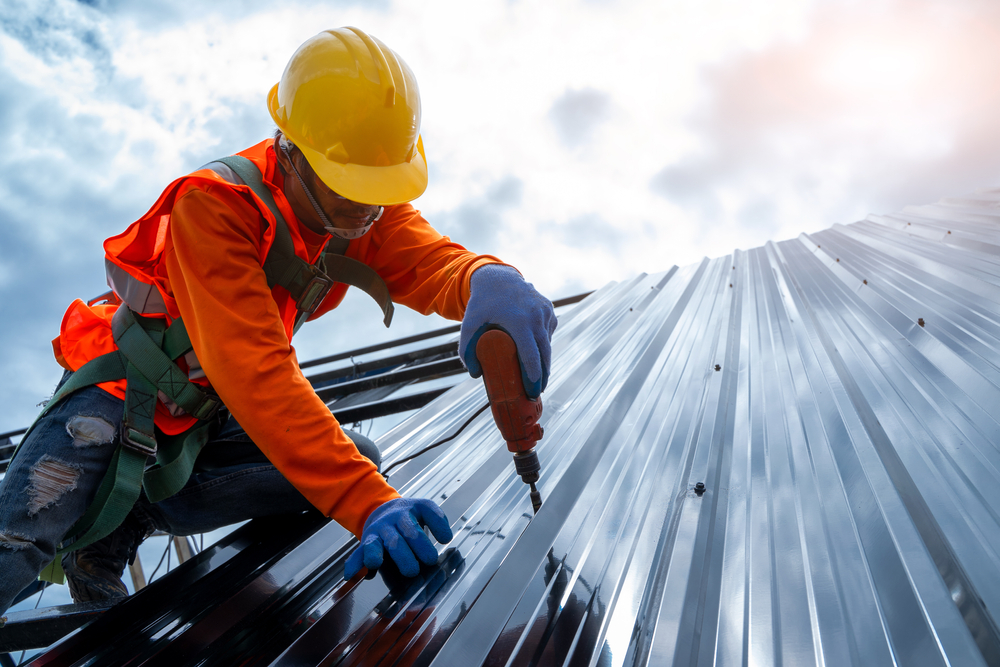
Roofers face daily risks of falling, sunburn, and electrical shocks.
They often work in extreme heat or harsh winter conditions, making the job even more challenging.
Safety depends on proper equipment and heightened awareness.
Roadkill Remover
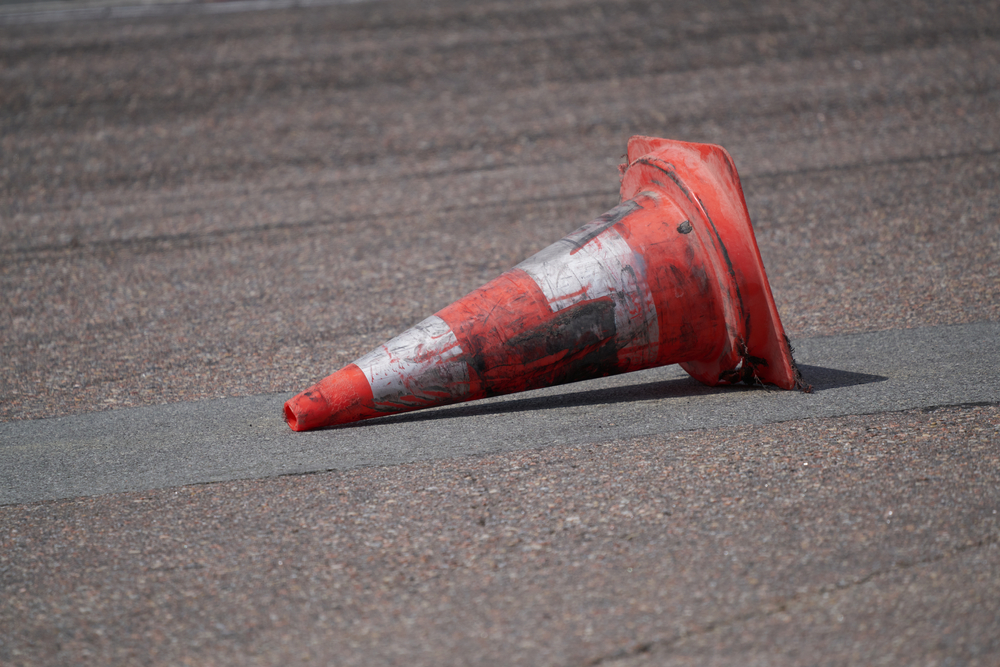
These workers clear dead animals from busy roads while navigating dangerous traffic.
They often work early in the morning or late at night when visibility is low.
Besides the physical danger, the job can also be mentally draining.
Electronics Recycler
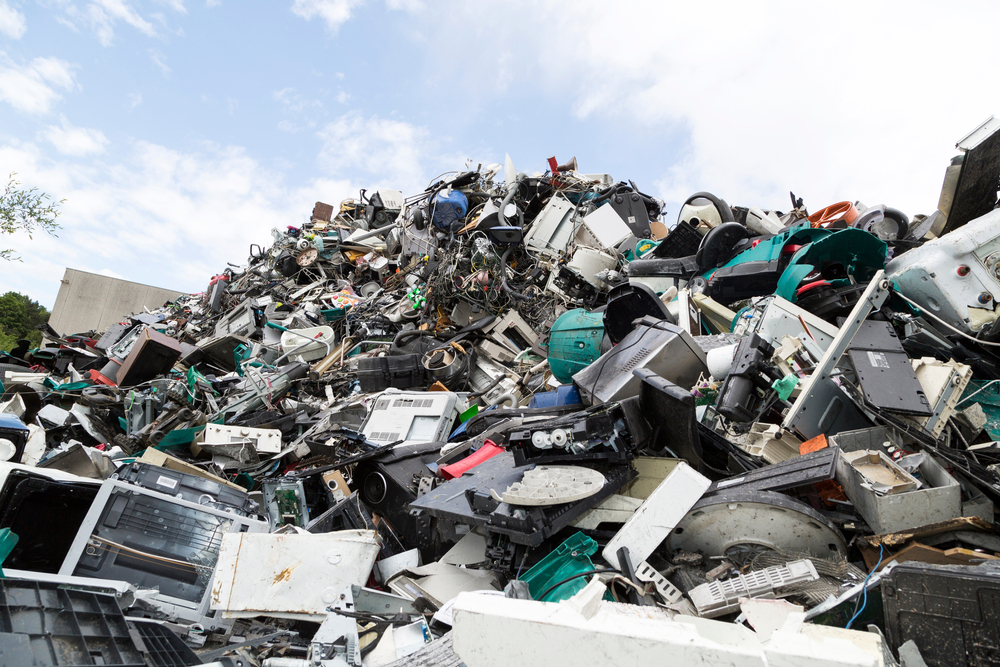
Recycling electronic waste exposes workers to toxic substances like lead and mercury.
Without proper protection, exposure can lead to severe health problems.
It is a necessary but hazardous job, as electronic components become increasingly complex.
Underwater Welder
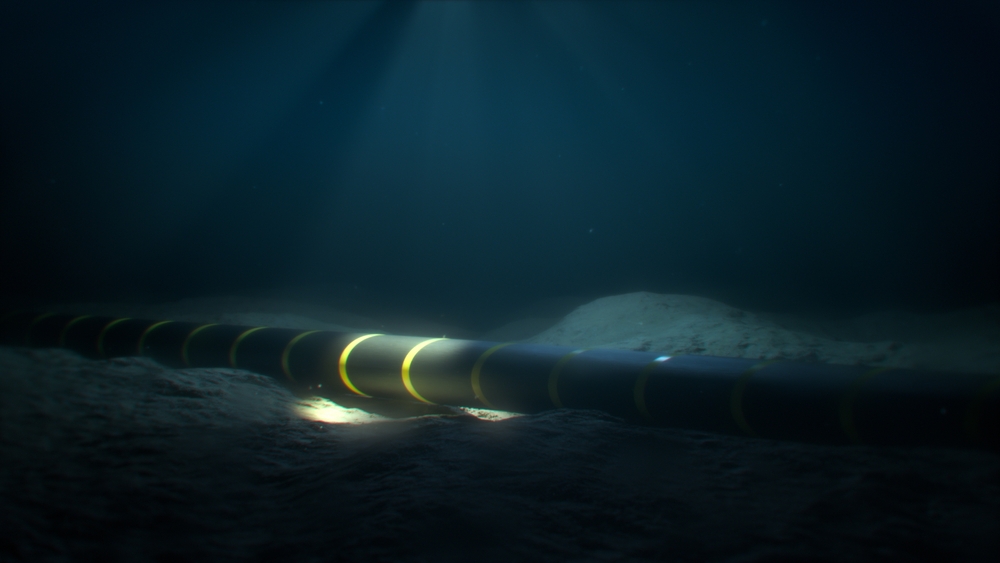
Welding underwater requires special training and the ability to work with limited visibility.
These professionals face risks such as sudden pressure changes and electric shocks.
Their work is crucial for maintaining oil platforms, ships, and critical infrastructure.

